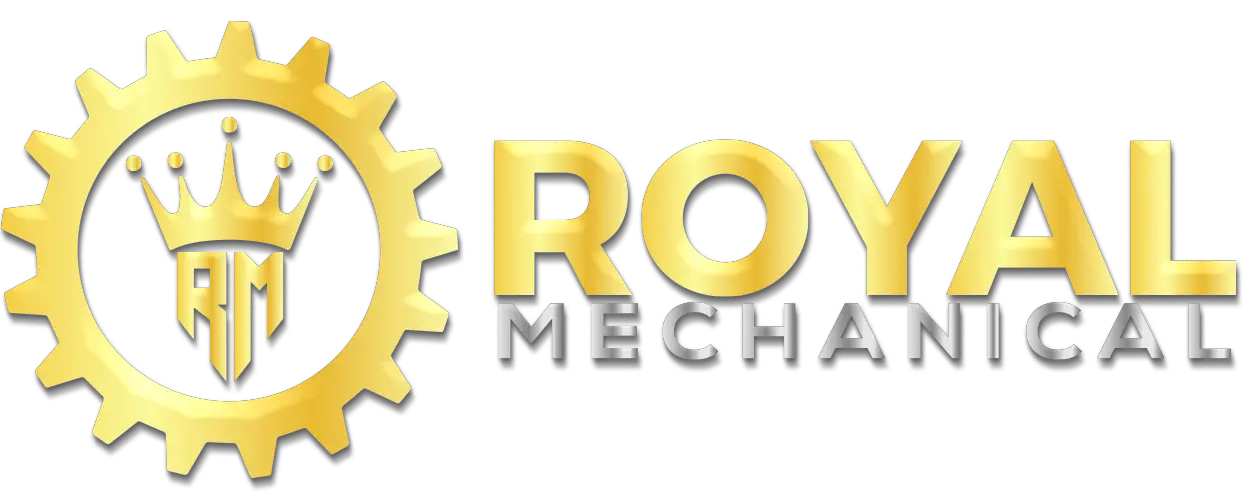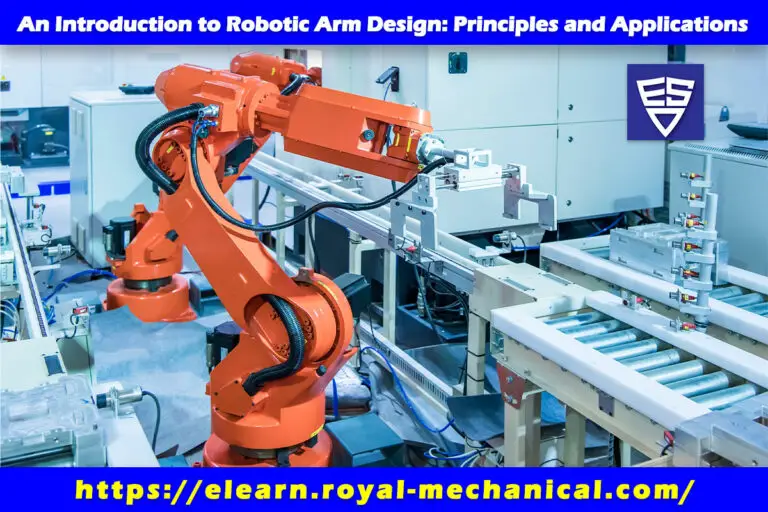Introduction:
Mechanical engineering is a highly sought-after field, offering diverse career opportunities in various industries. However, with increasing competition, it’s essential to have a solid strategy to stand out from the crowd and secure a desirable mechanical engineering job. This comprehensive guide provides valuable insights, tips, and techniques to help you navigate the job market successfully and landing a mechanical engineering job.
Table of Contents
Self-Assessment and Goal Setting:
Before embarking on your job search, conducting a thorough self-assessment and defining your career goals is crucial. Evaluate your skills, strengths, and areas for improvement. Determine the type of mechanical engineering role you aspire to and the industries that align with your interests. Setting clear goals will help you focus your efforts and tailor your job search accordingly.
Crafting an Impressive Resume:
Your resume serves as a marketing tool to showcase your qualifications and achievements. Tailor your resume to highlight relevant experiences, technical skills, and academic accomplishments. Include internships, research projects, and any certifications or licenses you hold. Quantify your achievements wherever possible to demonstrate your impact. Additionally, ensure your resume is visually appealing, error-free, and well-structured.
Building a Strong Professional Network:
Networking plays a vital role in finding job opportunities. Connect with professionals in the mechanical engineering field through industry events, conferences, and online platforms like LinkedIn. Join relevant professional organizations and participate in their activities. Engage in conversations, seek advice, and build relationships. Your network can provide valuable insights, referrals, and job leads.
Leveraging Internships and Co-op Programs:
Internships and co-op programs offer valuable hands-on experience and a chance to develop practical skills. Seek out reputable companies or research institutions that provide such programs. During your internship, demonstrate your commitment, learn from experienced professionals, and build relationships with colleagues. An impressive internship experience can significantly enhance your job prospects.
Developing Technical and Soft Skills:
Mechanical engineering is a field that requires a combination of technical expertise and soft skills. Continuously develop and enhance your technical skills by staying updated with industry trends and advancements. Consider pursuing additional certifications or training to demonstrate your dedication to professional growth. Additionally, focus on improving your communication, teamwork, problem-solving, and leadership skills, as employers highly value these attributes.
Researching Companies and Industries:
Research companies and industries that interest you to find the right job fit. Explore their values, mission, culture, and projects they’re involved in. This information will help you tailor your application materials and demonstrate your enthusiasm during interviews. Moreover, it allows you to identify companies that align with your career goals and values.
Optimizing Your Online Presence:
In today’s digital age, it’s essential to have a solid online presence. Polish your LinkedIn profile to reflect your professional accomplishments, skills, and experiences. Share relevant articles, participate in industry discussions, and connect with professionals in your field. Consider creating a personal website or portfolio to showcase your work and projects. Clean up your social media profiles to ensure a professional online image.
Applying Strategically:
When applying for mechanical engineering jobs, take a targeted approach. Tailor your application materials to each job opening, including your resume and cover letter. Highlight how your skills and experiences align with the requirements of the role. Additionally, leverage your network to identify potential job opportunities and ask for referrals. Explore job boards, company websites, and industry-specific platforms for open positions.
Mastering the Interview Process:
Preparation is critical to acing job interviews. Research common interview questions for mechanical engineering roles and practice your responses. Highlight your technical expertise, problem-solving abilities, and past accomplishments. Prepare examples that showcase your experience working on complex projects or overcoming challenges. Dress professionally, arrive early, and make a positive impression through body language and demeanor.
Following Up and Negotiating Offers:
After each interview, send a personalized thank-you note expressing your gratitude and reiterating your interest in the position. This gesture demonstrates your professionalism and attention to detail. If you receive a job offer, take the time to evaluate it carefully. Consider salary, benefits, growth opportunities, and work-life balance. Negotiate certain aspects of the offer while maintaining a respectful and professional approach.
Conclusion:
Securing a mechanical engineering job requires a combination of self-assessment, preparation, networking, and perseverance. By following this guide, you’ll be well-equipped to navigate the job market successfully and land a fulfilling role in mechanical engineering. Remember to stay proactive, continuously develop your skills, and adapt to the industry’s evolving demands. With dedication and a strategic approach, you can achieve your career goals and embark on an exciting professional journey as a mechanical engineer.
FAQs: Landing a Mechanical Engineering Job
How do I tailor my resume for a mechanical engineering job?
To tailor your resume for a mechanical engineering job, emphasize relevant technical skills, internships, research projects, and academic achievements. Highlight experience with specific software, tools, and equipment commonly used in the industry.
What technical skills should I highlight on my resume?
Technical skills valuable for mechanical engineering jobs include proficiency in CAD software, knowledge of engineering principles, experience with data analysis and modeling, familiarity with manufacturing processes, and expertise in materials selection and design.
How important is networking in the mechanical engineering job search?
Networking is crucial in the mechanical engineering job search. It helps you connect with industry professionals, gain insights, learn about job openings, and potentially receive referrals. Building relationships through networking can significantly enhance your job prospects.
Are internships necessary to land a mechanical engineering job?
While not always necessary, internships provide valuable hands-on experience, industry exposure, and the opportunity to develop practical skills. Having an internship on your resume demonstrates your ability to apply theoretical knowledge to real-world projects, making you more competitive in the job market.
How can I build a solid professional network as a mechanical engineer?
Build a solid professional network by attending industry events, joining mechanical engineering associations, participating in online forums and LinkedIn groups, reaching out to alums, and connecting with professionals through informational interviews. Be proactive, engage in conversations, and maintain relationships.
What soft skills are valued by employers in the field of mechanical engineering?
Employers value soft skills such as communication, teamwork, problem-solving, critical thinking, adaptability, and leadership. Highlight these skills in your resume and interview responses to showcase your ability to work effectively in a team, communicate ideas, and solve complex problems.
How can I stay updated with the latest industry trends and advancements?
Stay updated by following industry publications, subscribing to mechanical engineering newsletters, joining professional associations, attending conferences, and engaging in continuous learning. Participate in webinars, workshops, and online courses to enhance your knowledge and stay abreast of advancements.
What should I research about a company before applying for a job?
Research a company’s values, mission, projects, clients, and recent news to understand its culture and alignment with your career goals. Please familiarize yourself with their specific products or services, and identify how your skills and experience can contribute to their success.
How can I optimize my LinkedIn profile for job opportunities?
Optimize your LinkedIn profile by including a professional photo, a compelling headline, and a well-written summary highlighting your expertise. Showcase your accomplishments, projects, and skills. Actively engage with the platform by sharing relevant content, connecting with industry professionals, and participating in groups.
Are cover letters still necessary when applying for mechanical engineering jobs?
Cover letters are not always required, but they can provide an opportunity to demonstrate your interest and highlight specific qualifications that align with the job requirements. Craft a concise and tailored cover letter that emphasizes your motivation, relevant experiences, and unique contributions you can bring to the role.
How can I stand out during the interview process as a mechanical engineer?
To stand out during interviews, showcase your technical knowledge, problem-solving abilities, and relevant project experiences. Prepare well-reasoned answers to common interview questions, and be ready to discuss your accomplishments and how you have contributed to successful outcomes in past projects.
What common interview questions should I prepare for?
Common interview questions for mechanical engineering roles include inquiries about technical skills, problem-solving abilities, teamwork experiences, project management, and industry-specific knowledge. Practice your responses to these questions and provide specific examples demonstrating your competence.
How can I showcase my problem-solving abilities during an interview?
Highlight your problem-solving abilities by describing specific challenges you have faced in past projects or internships. Explain your steps to analyze the problem, develop and evaluate potential solutions, and implement the most effective approach. Emphasize your ability to think critically and make informed decisions.
Should I send a thank-you note after an interview, and if so, how?
Sending a thank-you note after an interview is a thoughtful gesture that demonstrates your appreciation and professionalism. Send a personalized email within 24-48 hours, thanking the interviewer for their time and expressing your continued interest in the position. Mention specific points discussed during the interview to reinforce your engagement.
How can I negotiate a job offer effectively?
Negotiating a job offer requires careful consideration. Research industry standards for salary and benefits to have reasonable expectations. Identify the specific aspects of the offer you wish to negotiate and present your case based on your qualifications, experience, and the value you can bring to the company. Maintain a respectful and collaborative approach throughout the negotiation process.
What factors should I consider when evaluating a job offer as a mechanical engineer?
When evaluating a job offer, consider factors such as the salary, benefits package, opportunities for growth and advancement, work-life balance, location, company culture, and the alignment of the role with your long-term career goals. Assess how the offer meets your financial needs and supports your professional aspirations.
How can I overcome the lack of experience when applying for entry-level positions?
If you lack experience for entry-level positions, highlight your educational background, relevant coursework, internships, research projects, and any hands-on experience you gained during your studies. Emphasize your eagerness to learn, your passion for the field, and any transferable skills from other backgrounds.
Are there specific certifications or licenses that can boost my job prospects?
Certifications and licenses can enhance your job prospects in some regions of mechanical engineering. Examples include the Fundamentals of Engineering (FE) exam, the Certified SolidWorks Associate (CSWA) certification, and the Project Management Professional (PMP) certification. Research the certificates relevant to your desired specialization and industry.
Can I transition from a different engineering discipline to mechanical engineering?
Transitioning from a different engineering discipline to mechanical engineering is possible with proper planning and additional coursework or training. Assess the overlap between your current skills and the requirements of mechanical engineering roles. Consider pursuing a master’s degree or specialized programs that bridge the knowledge gap.
How can I maintain a work-life balance in a demanding mechanical engineering job?
Maintaining a work-life balance in a demanding job requires effective time management, setting boundaries, and prioritizing self-care. Delegate tasks when possible, communicate your needs to your team, and establish a routine for sufficient rest and personal activities. Strive for open communication with your employer to find a balance

![01) Spoken English for Mechanical Engineers: A Step-by-Step Guide [ CONVERSE 24 ] 1 01) Spoken English for Mechanical Engineers: A Step-by-Step Guide [ CONVERSE 24 ]](https://www.royal-mechanical.com/wp-content/uploads/2023/01/Spoken-English-for-Mechanical-Engineers-768x512.jpg)



